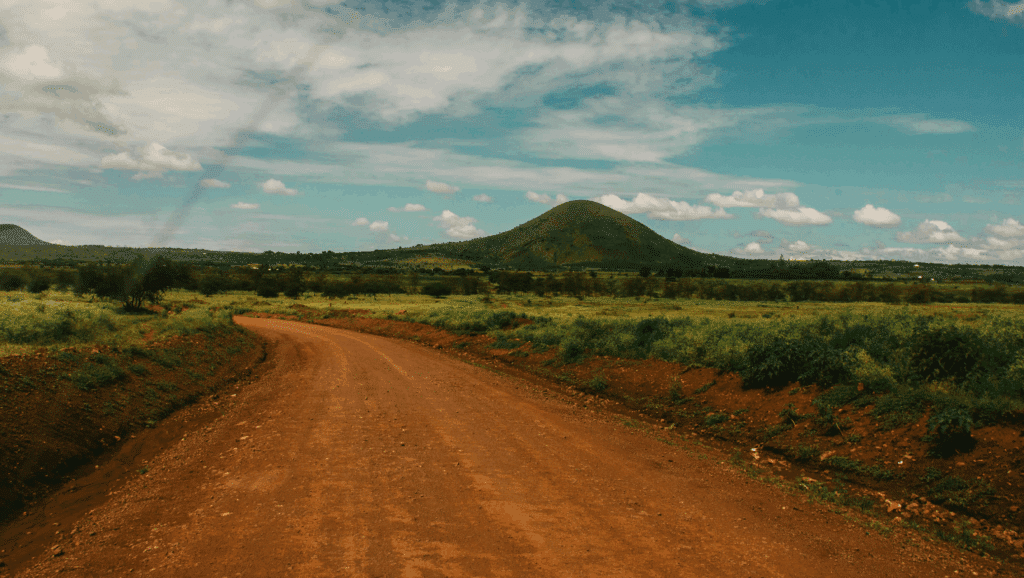
In the framework of its regional programme on Business, Human Rights and Access to Justice in East Africa, Avocats Sans Frontières (ASF) has been reinforcing the capacities of civil society actors to defend communities affected by extractive industries. In Tanzania, ASF works in partnership with Business and Human Rights Tanzania (BHRT) to strengthen legal empowerment, improve access to grievance mechanisms, and promote more accountable governance of natural resources.
Recognizing the serious human rights impacts associated with mining and extractive activities — from land disputes to environmental degradation — ASF has placed access to remedy at the heart of its strategy. Our approach combines legal empowerment, capacity building of civil society and paralegal networks, and advocacy for stronger, independent, and accessible redress mechanisms.
In July 2024, ASF supported the organisation of a training in Mwanza for civil society organizations (CSOs), paralegals and community leaders from the Shinyanga and Mwanza regions. This initiative aimed to enhance understanding of the judicial and non-judicial grievance mechanisms available in Tanzania, including courts, regulatory commissions, and company-level mechanisms in mining operations. Through participatory methods such as case studies and group discussions, participants developed practical skills to better assist victims of human rights violations in lodging complaints and navigating complex procedures.
Beyond training, ASF’s work in Tanzania focuses on systemic change. We engage with national institutions to advocate for stronger enforcement powers, improved transparency, and greater independence of grievance bodies. Issues such as chronic under-resourcing of key commissions (e.g., NEMC, CMA), lack of public awareness, and procedural barriers to justice are central to ASF’s dialogue with public authorities and partners.
Moreover, ASF supports grassroots actors in documenting abuses, accompanying victims, and seeking remedies, while promoting reforms to address structural obstacles — such as the lack of enforceability of certain administrative decisions or barriers to executing judgments against the state.
Through these interventions, ASF aims to contribute to a context where corporate accountability becomes a reality, and communities affected by the extractive sector can access justice effectively and without fear. As we move forward, ASF remains committed to expanding its work across Tanzania’s Lake Zone regions and to ensuring that the voices of affected communities are heard and upheld.



